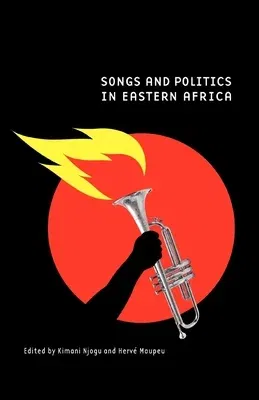Songs and Politics in Eastern Africa brings together important essays on
songs and politics in the region and beyond. Through an analysis of the
voices from the margins, the authors (contributors) enter into the
debate on cultural productions and political change. The theme that cuts
across the contributions is that songs are, in addition to their
aesthetic appeal, vital tools for exploring how political and social
events are shaped and understood by citizens. Urbanization,
commercialization and globalization contributed to the vibrancy of East
African popular music of the 1990s which was marked by hybridity,
syncretism and innovativeness. It was a product of social processes
inseparable from society, politics, and other critical issues of the
day. The lyrics explored socials cosmology, worldviews, class and gender
relations, interpretations of value systems, and other political, social
and cultural practices, even as they entertained and provided momentary
escape for audience members. Frustration, disenchantments, and emotional
fatigue resulting from corrupt and dictatorial political systems that
stifle the potential of citizens drove and still drive popular music in
Eastern Africa as in most of Africa. Songs and Politics in Eastern
Africa is an important addition to the study of popular culture and its
role in shaping society.


